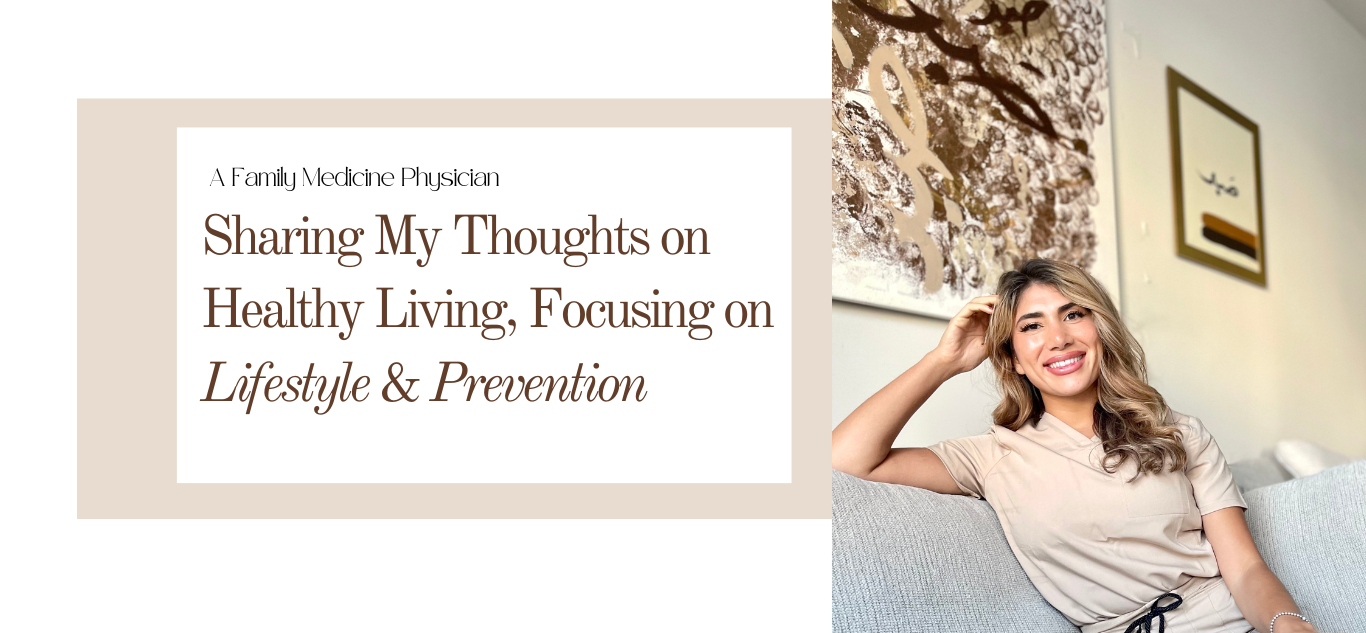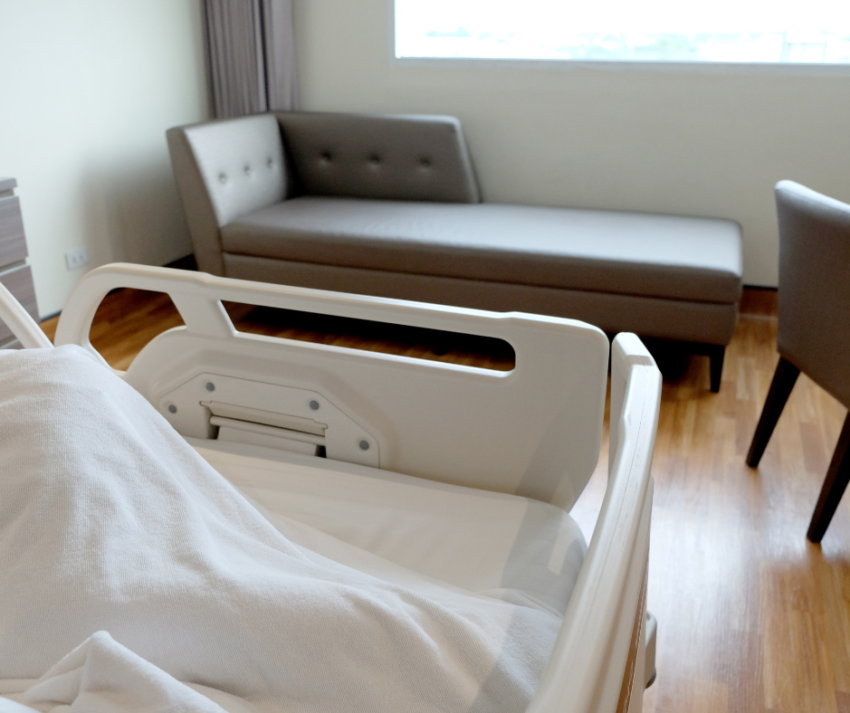If you work in a hospital setting, you know that most adult patients have multiple chronic diseases. While we take care of their physical illnesses, we are neglecting their mental health.
How many times have you left a patient’s room and they were still distraught with the news you delivered, or they are sad and disheartened being in the hospital. While yes, you gave a thorough explanation, several minutes to take the information in, and gave them the appropriate time to ask questions. You even provided them a touch of human interaction by placing your hand on their shoulder but was all that enough? Not likely.
Once physicians leave the room, it isn’t clear whether the patients are mentally handling their illnesses. It isn’t clear whether they are emotionally stable. It isn’t clear whether they know coping mechanisms. In fact, you may even acknowledge that they are emotionally drained. You may even ask them if they want to talk to a pastor (likely only a pastor is an option even though there are multiple faiths in America–besides the point), or you actually ask about their mental state. Then what? Most of the time, they deny being depressed. Let’s say they actually admit to being depressed and you offer them antidepressants. Awesome, add another medication to the list! Maybe you even acknowledged that they need a therapist and you connect them with the social worker who provides them with a list of therapists. Most likely, the social worker tells the patient to look at the back of their insurance card and call the behavioral health number to see what is covered by their insurance. Do I have all the scenarios down? And how long do you think it takes for a therapist to actually see the patients as an outpatient? MONTHS and MONTHS!!!
Dealing with physical health conditions is stressful and mentally exhausting. When patients are mentally exhausted, emotionally unstable they are less likely to take care of themselves. This increases their return to the hospital as their chronic diseases worsen. If money is your motivation, this costs billions of dollars because of constant readmissions and further requirements of treatment of their progressed diseases. AND this causes further progression of their mental illness(es) which adds emotionally unstable people in a society that may have other domino effects. The point being, mental health needs to be acknowledged and better addressed.
So, what can we do? I strongly believe we need to provide actual therapists to come and see patients. Similar to how we place consults for physical therapists or case management, we would place consults for a therapist.
You might ask, well, where the hell are the psychiatrists? That is a good point. They only show up when patients are in an active state of suicide, homicide, or self-harm (or having a psychotic breakdown, etc). In terms of the hospitalists, they are seeing a number of patients and often do not have the appropriate time that the patient actually needs and deserves. Plus, not all doctors know how to or are appropriately trained to provide appropriate mental health advice. Therapists would provide patients their undivided attention also provide them with coping mechanisms and mental health goals that they can work on during the patient’s admission. Also, this increases job opportunities.
The days I have more time to talk and listen to my hospitalized patients, I see a huge difference in their spirit and mental state of mind. I can’t say enough how absolutely honored I feel knowing I have lifted their spirits. While I would always and forever make my best effort to do this more often, the reality is that there isn’t enough time every time. The reality also is that not all doctors may put that effort, therefore there isn’t consistency. While a hired therapist’s job is to be consistent. Hiring hospital therapists will provide patients with the mental health support they deserve, therefore bettering their outcomes in their physical health, etc. I can’t prove it just yet but I can just about guarantee it.
What are your thoughts? Does this make sense? Do you currently work in a hospital that provides therapists?












